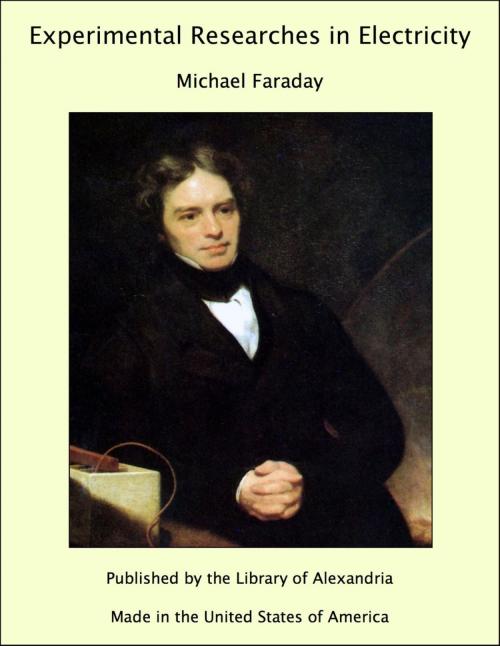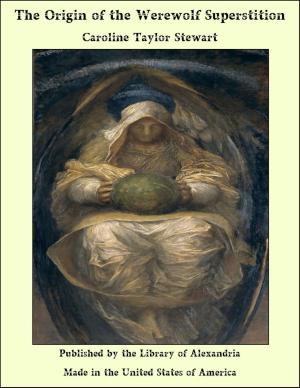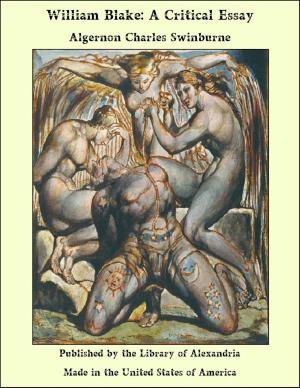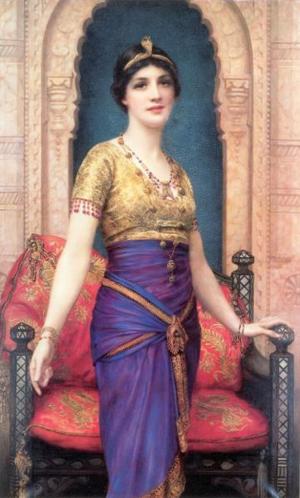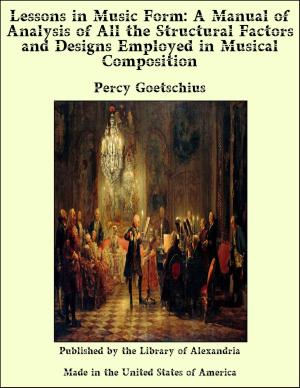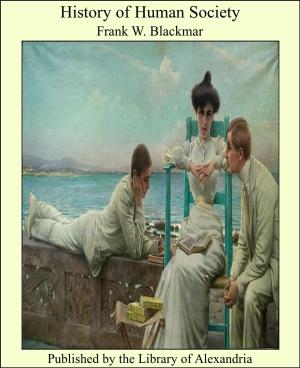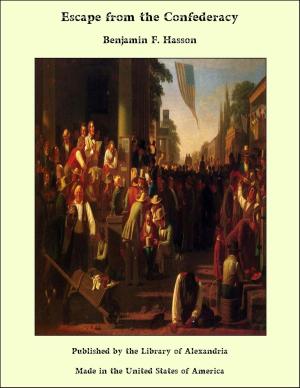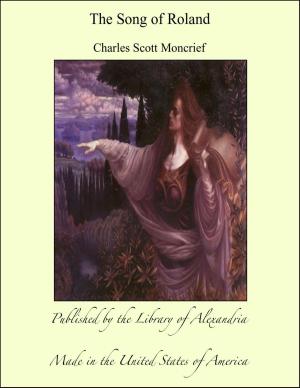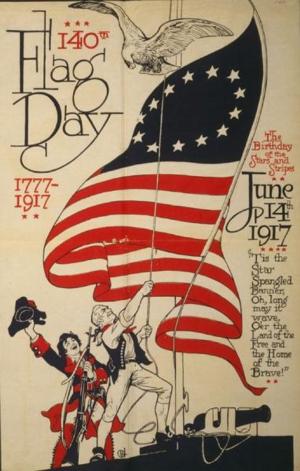Experimental Researches in Electricity
Nonfiction, Religion & Spirituality, New Age, History, Fiction & Literature| Author: | Michael Faraday | ISBN: | 9781465608192 |
| Publisher: | Library of Alexandria | Publication: | March 8, 2015 |
| Imprint: | Language: | English |
| Author: | Michael Faraday |
| ISBN: | 9781465608192 |
| Publisher: | Library of Alexandria |
| Publication: | March 8, 2015 |
| Imprint: | |
| Language: | English |
The power which electricity of tension possesses of causing an opposite electrical state in its vicinity has been expressed by the general term Induction; which, as it has been received into scientific language, may also, with propriety, be used in the same general sense to express the power which electrical currents may possess of inducing any particular state upon matter in their immediate neighbourhood, otherwise indifferent. It is with this meaning that I purpose using it in the present paper. Certain effects of the induction of electrical currents have already been recognised and described: as those of magnetization; Ampère's experiments of bringing a copper disc near to a flat spiral; his repetition with electro-magnets of Arago's extraordinary experiments, and perhaps a few others. Still it appeared unlikely that these could be all the effects which induction by currents could produce; especially as, upon dispensing with iron, almost the whole of them disappear, whilst yet an infinity of bodies, exhibiting definite phenomena of induction with electricity of tension, still remain to be acted upon by the induction of electricity in motion. Further: Whether Ampère's beautiful theory were adopted, or any other, or whatever reservation were mentally made, still it appeared very extraordinary, that as every electric current was accompanied by a corresponding intensity of magnetic action at right angles to the current, good conductors of electricity, when placed within the sphere of this action, should not have any current induced through them, or some sensible effect produced equivalent in force to such a current. These considerations, with their consequence, the hope of obtaining electricity from ordinary magnetism, have stimulated me at various times to investigate experimentally the inductive effect of electric currents. I lately arrived at positive results; and not only had my hopes fulfilled, but obtained a key which appeared to me to open out a full explanation of Arago's magnetic phenomena, and also to discover a new state, which may probably have great influence in some of the most important effects of electric currents.
The power which electricity of tension possesses of causing an opposite electrical state in its vicinity has been expressed by the general term Induction; which, as it has been received into scientific language, may also, with propriety, be used in the same general sense to express the power which electrical currents may possess of inducing any particular state upon matter in their immediate neighbourhood, otherwise indifferent. It is with this meaning that I purpose using it in the present paper. Certain effects of the induction of electrical currents have already been recognised and described: as those of magnetization; Ampère's experiments of bringing a copper disc near to a flat spiral; his repetition with electro-magnets of Arago's extraordinary experiments, and perhaps a few others. Still it appeared unlikely that these could be all the effects which induction by currents could produce; especially as, upon dispensing with iron, almost the whole of them disappear, whilst yet an infinity of bodies, exhibiting definite phenomena of induction with electricity of tension, still remain to be acted upon by the induction of electricity in motion. Further: Whether Ampère's beautiful theory were adopted, or any other, or whatever reservation were mentally made, still it appeared very extraordinary, that as every electric current was accompanied by a corresponding intensity of magnetic action at right angles to the current, good conductors of electricity, when placed within the sphere of this action, should not have any current induced through them, or some sensible effect produced equivalent in force to such a current. These considerations, with their consequence, the hope of obtaining electricity from ordinary magnetism, have stimulated me at various times to investigate experimentally the inductive effect of electric currents. I lately arrived at positive results; and not only had my hopes fulfilled, but obtained a key which appeared to me to open out a full explanation of Arago's magnetic phenomena, and also to discover a new state, which may probably have great influence in some of the most important effects of electric currents.
